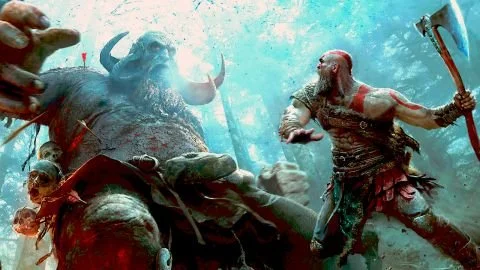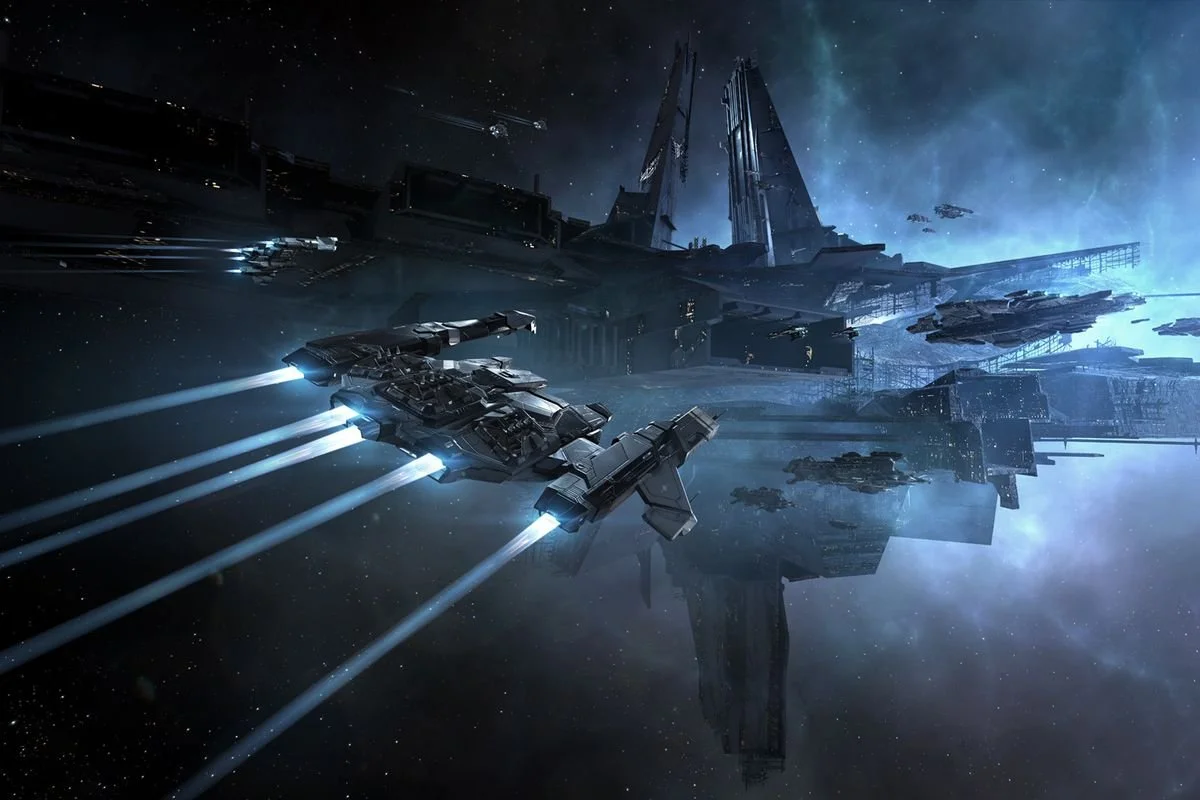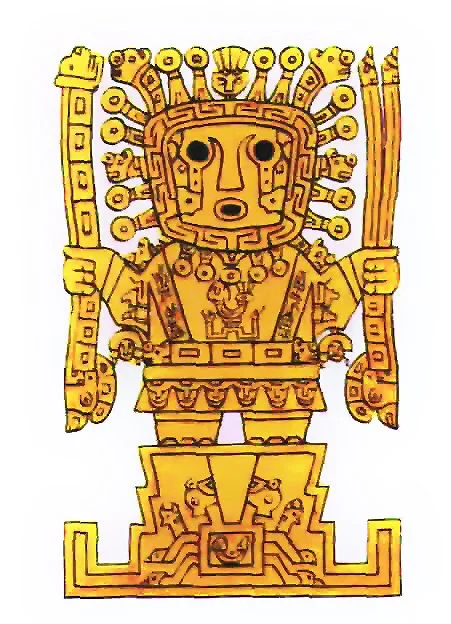Simulated Reality & the Cosmos
Many have speculated that we may be living in a simulated reality. That is to say, that we are manifested constructs in a numerical program, operated and designed by beings far smarter than us. This is an interesting idea and for anyone that is familiar with computer programming it is not so far-fetched.
In particular, for a physicist working on building a numerical model for a physical system, they will be faced with coding up equations that time march in discrete steps called cells that adequately model the system, and the physical properties in and out of each cell are calculated by say using finite difference numerical schemes or others. You can literally sit there and watch the calculation scroll down the screen, in a manner not too dissimilar to the terminal screens visualised in the Matrix films. Perhaps the calculation only takes a few minutes, or perhaps it takes hours or days. But in the end, once the computation is completed, something has been modelled and simulated and then as a scientist you will scrutinise the results.
An interesting development of our modern society is the community of gaming. These started at a very basic level with limited processing power and interaction potential, and then they have accelerated to the point where you can put on a visor and barely not know the distinction between that simulated gaming world and the actual world where you physically exist.
An incredible example of what is possible is the God of War produced by Santa Monica Studio for the PlayStation 4 series. Based loosely on Greek and Norse mythology, you become a God doing battle with other Gods. Along the journey, the player will encounter monsters of all sorts.
God of War
Another example is the game Galactic Civilizations produced by Stardock for Microsoft Windows. In this game the player gets to explore the planets and beyond using your own spacecraft, encountering other species. Another amazing example is Eve Online, produced by CCP Games. It has a scale and complexity that boggles the mind, as players compete and engage in large scale space warfare. The game takes the player right out into the Milky Way 21,000 years into the future. We have come a long way since board games like Monopoly and Dungeons and Dragons.
Eve Online
These sorts of games allow one to invent any species that we wish to, and then to enter those worlds and experience it like they really did exist. Only subtle errors in the simulation, a result of the currently limited technological capability of what we can program, visualise and trick our sensors over, give you a reminder that this really is just a game.
But what about the future? If the level of gaming is where it is today, where will it be in 10 years or 100 years or even 1,000 years from now. It seems quite possible that in the distant future, we will have the technological ability to create all of the fantasies of our best hopes and dreams but also of our worst nightmares. As we then continue to converge towards that technological-biological symbiosis it may even be possible that we could get hurt.
One of the things that is intriguing about our own mythologies is that although we tell our children certain things exist, we know as adults that we are really just telling stories. That is, about wizards, dwarfs, elves, giants, dragons, fairies or whatever it is our minds can conjure. Yet with this increasing convergence, and ultimately what will be an inability to tell the difference between the real world and the simulated world, everything that is in our children’s stories will come into existence. What are the implications of this? Are we heading ourselves towards a cliff-edge unable to stop the magnetic pull of technology upon us? And as we fully immerse ourselves in this world what does it imply for free will? Indeed, if our actual existing reality is just a simulation, are we really players in the game or constructs generated by a meta-mind for the benefit of players far in excess of our intelligence?
The science and science fiction writer Arthur C Clarke said that “Any sufficiently advanced technology is indistinguishable from magic”. Our universe and our very existence appear to be a miracle of nature. But is it really just the physical embodiment of someone else’s technology? And for the purposes of our existence, would it really matter?
This article was originally posted on a previous web site for the asterism project on 17th Sept 2019 and it has been copied here since that site was closed down.







